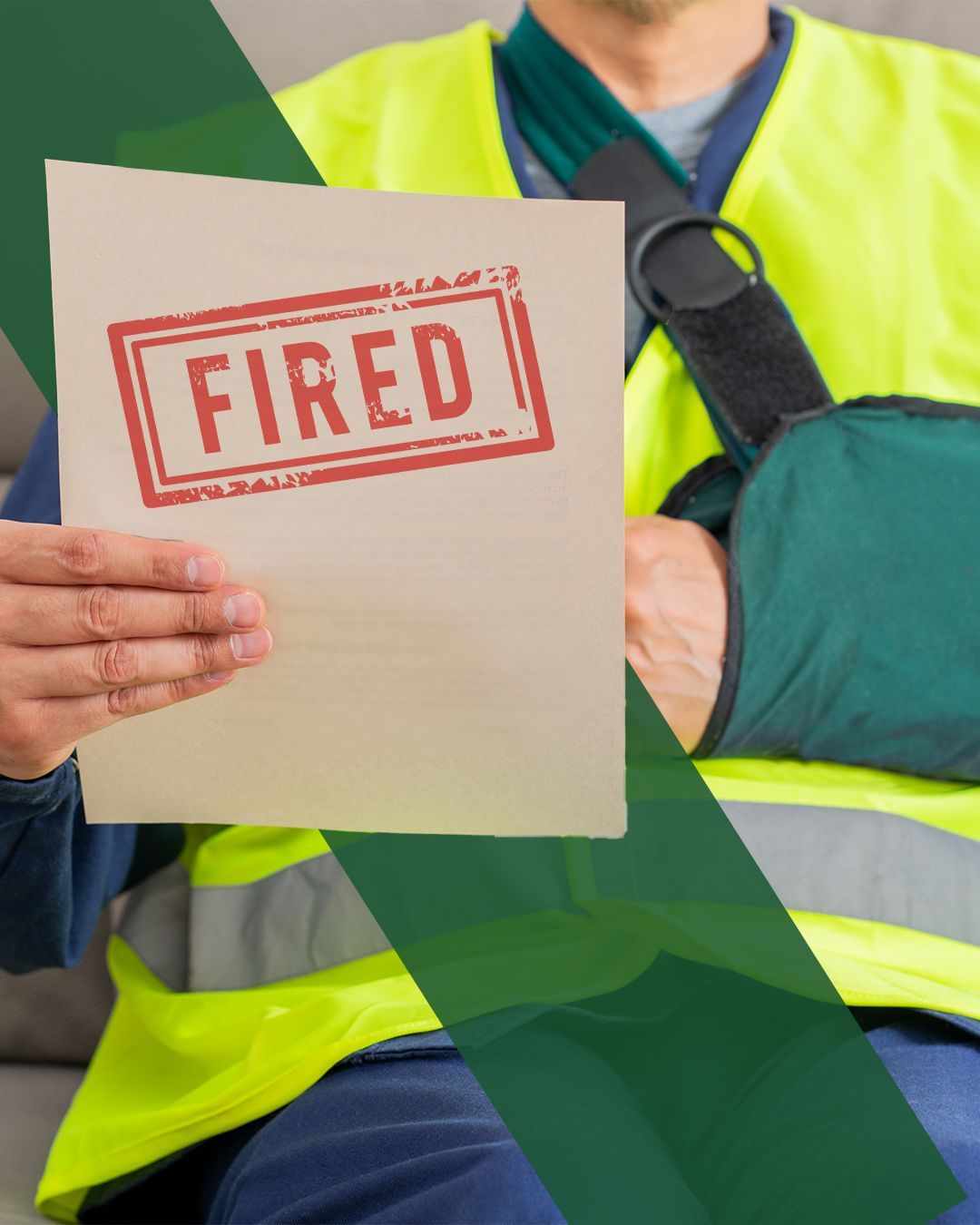Auto Insurance Policy Additions to Consider For Young Drivers
Many components help auto insurance companies in determining car insurance rates; one of the most significant factors is the driver's age. In general, insurance rates are based on how likely a driver will be involved in a motor vehicle accident. It's no secret that insurance rates skyrocket for teens and young adult drivers, and unfortunately, research shows that car accidents are the second leading cause of death for teens in the U.S..
The Centers for Disease Control and Prevention (CDC) states that teen drivers are nearly three times as likely as drivers over 20 to be involved in a motor vehicle crash. Luckily, if you are a vehicle owner with children, there are several policy additions you can choose to include in your automobile coverage.
Auto Insurance Policy Additions
These different auto insurance additions can significantly provide much-needed support in the event of an emergency and safety for your young drivers.
Uninsured/Underinsured Motorists Coverage
In the event of a crash, it may be an overwhelming experience, especially for a young driver. Uninsured/underinsured motorists coverage helps protect you after a crash if the other driver is uninsured, a hit-and-run driver, or does not have sufficient liability insurance.
Collision Coverage
Collision coverage is not required; however, it can still be valuable for young drivers, especially if they are leasing their vehicle and involved in a crash. Collision coverage helps repair or replace the vehicle if it has significant damage after an accident. This is a great addition to your auto insurance policy because it can help protect your finances in a crash.
Comprehensive Coverage
Comprehensive coverage is similar to collision coverage; however, it covers damages to your vehicle caused by a "disaster" other than collisions. This type of coverage is optional, but it costs significantly less than collision coverage. Comprehensive coverage is unique because it covers damages to your vehicle caused by:
- Natural disasters such as an earthquake or hurricanes.
- Fire damage.
- Vandalism.
- Theft.
- Fallen objects.
Several contributing factors cause young drivers to be more susceptible to a crash. It also should be taken into account that young drivers often drive older vehicles with fewer safety features. If you have a young driver on your auto insurance policy, it's imperative that you consider these additions to help protect their safety, and it will save you money in the long run on costs and repairs if involved in a collision.
If you or someone you love was involved in a motor vehicle accident, Slusser Law Firm can help discuss your options. Contact us today at to schedule a free consultation*.




